Goin’ Up The Country
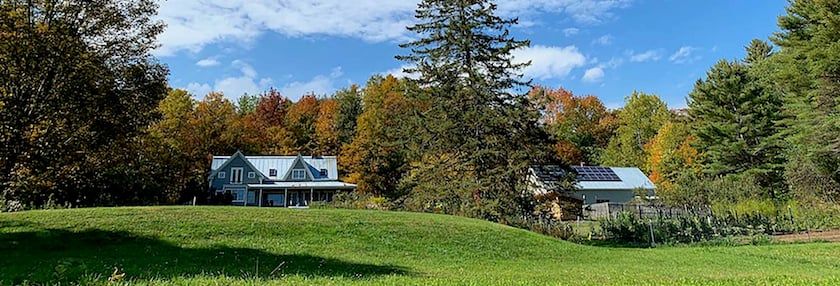

What we knew all along is true: Acreage life is the best life
Spoiler alert—Living in the country is the best life.
Another spoiler—Get ready for new neighbors.
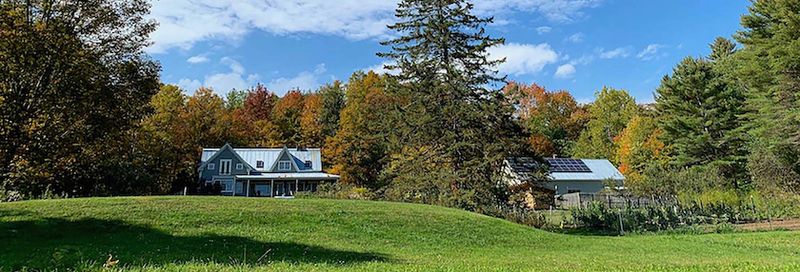
With the pandemic, the past year has shown many people two things:
- Being cooped up in a city or suburban life has created a yearning for the wide open spaces of a rural lifestyle
- Many have acted on this and purchased land in the country, without any real idea of the daily requirements involved in caring for the land, livestock, or even how to grow anything beyond a garden
But families by the thousands are making the move.
While this sounds like the 1960s television comedy “Green Acres,” (Fresh air!) the fact remains that rural real estate has been selling faster than the season’s first farmers market tomatoes.
I'm going up the country
Babe, don't you wanna go?
—“Going Up The Country,” Canned Heat, 1968
Yearning for country truths
“Living in the country or a lifestyle market for example in the mountains or with waterfront is great. It gives you a healthy and peaceful lifestyle while also giving you a sense of freedom,” says Mike Duffy, president of United Country Real Estate, one of the nation’s largest rural real estate companies with more than 500 offices.
Duffy has observed this “migration” over the past year and come to a conclusion. “There are some long-standing truths, trends, and things about country life that have attracted nearly everyone who has ever driven off the interstate onto a backroad for more than a mile.”
The good life, Duffy notes, has set new sales records for his company; 2019 was very strong, but 2020 virtually shattered sales records. And 2021 appears even stronger—his company’s online traffic has increased more than 30 percent in the past year.
People are looking.
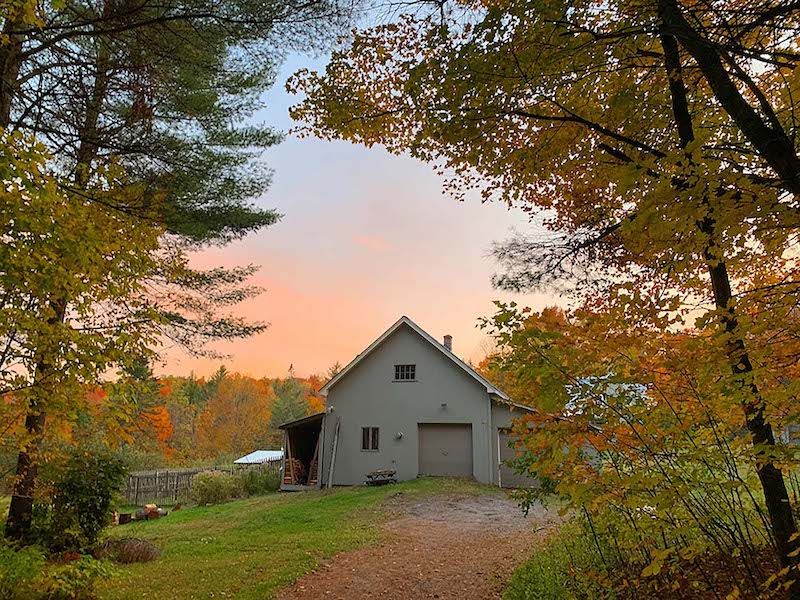
Travis Hamele, owner/broker of United Country | Midwest Lifestyle Properties in Wisconsin, the largest United Country office in the nation, thinks people are looking for an escape. “People want that peace and be able to have chickens or a couple cows and sit out on their deck, overlooking a lake and drink coffee.”
He continues on the idyllic scene: “If there’s a rural property that is checking all of the boxes and is affordable, they go fast. That’s what we are seeing.”
Hamele reminds us that relocation requires not just buyers, but sellers too: “So, really now it’s about educating sellers that now is the time to sell with that type of movement.”
Meet your new neighbors
Families moving to rural areas from more congested regions tend to stand out. Clothes and cars are different (at least initially), their accents may not sound local, and they might be offended when you point them to a coffee shop when they ask for the nearest Starbucks.
Remember, they were buying an idea in moving to rural America, and reality may shock them.
Elizabeth Willard Thames, who goes by Liz, moved with her husband Nate to a Vermont homestead back in 2014. The experience was so different from what they were used to, she wrote a book, “Meet The Frugalwoods—Achieving Financial Independence Through Simple Living” to help other urban rat-race competitors achieve more by doing less.
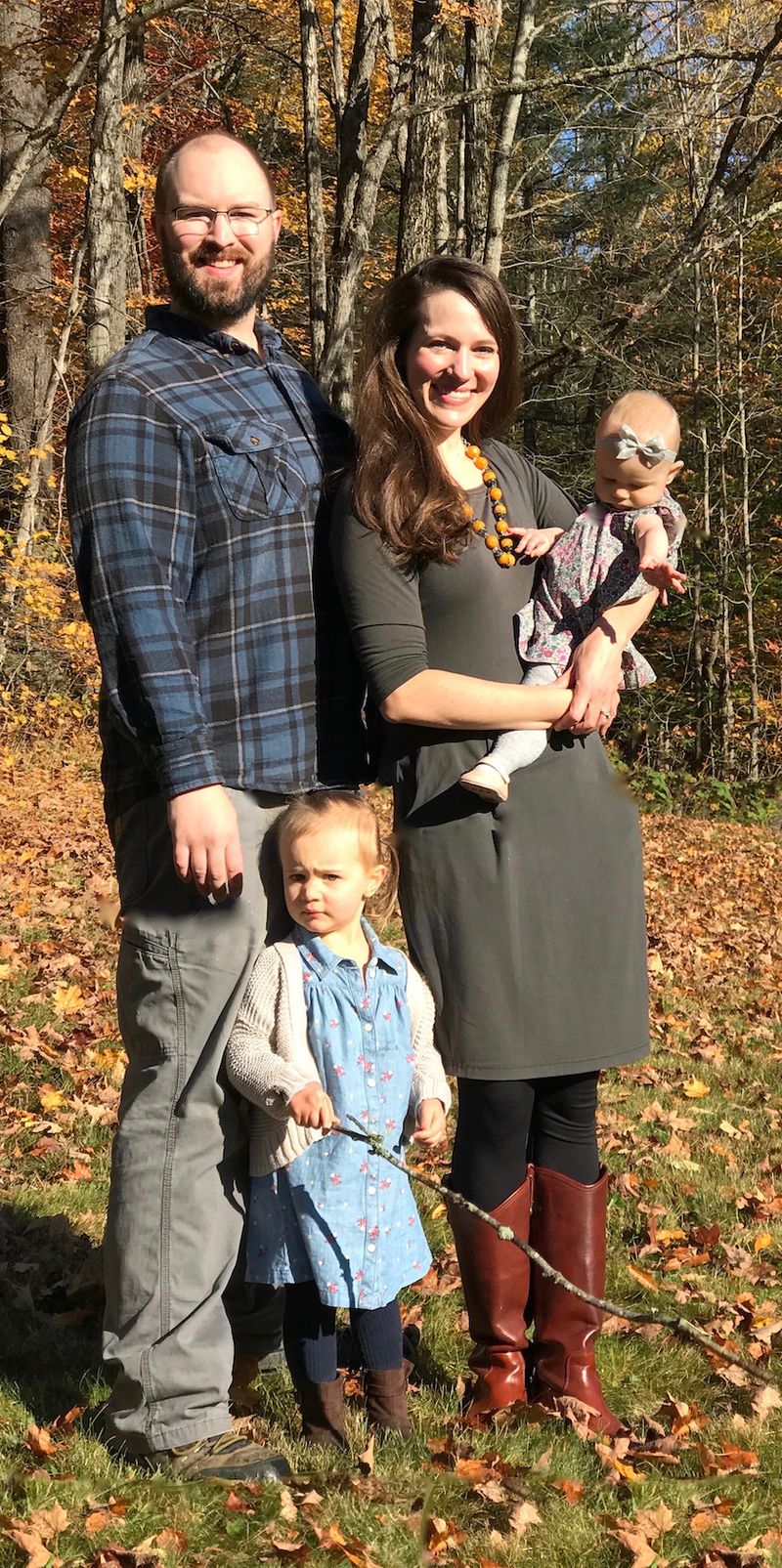
Her blog (frugalwoods.com) offers a variety of topics on the challenges and rewards of raising a family in the country.
She advises people wanting to go rural to look at fundamental desires, such as deciding between “rural” and “remote” lifestyles.
“I live rurally, but I’m not remote,” she writes. “I’m rural because my town has circa 400 people, I live on 66 acres of woods, there are no restaurants, movie theaters, stores, or coffee shops in my town, and I have a well and septic system.”
On the other hand, Liz notes hospitals, shopping, universities, and restaurants can be had in under an hour. As a bonus, the elementary school for their two daughters in only 10 minutes away.
Other considerations:
- Recalibrate your idea of “nearby” and learn to love your car
- Everything is farther away than in the city—no public transit, no food delivery or take-out (unless you drive to pick it up), and shopping trips require planning
- More land equals more problems—and get ready to fix it yourself
- Rural technology is uneven—don’t count on cell service, internet, or even perfect electricity
- You have to learn and manage your homestead systems, be they heating, well water, electrical, or septic
On the subject of high-speed internet, a recent survey from satelliteinternet.com found that two out of three polled would consider moving to rural areas if work-from-home becomes the norm. However, one-third would find poor or limited internet a total deal breaker.

If you aren’t the work-from-home type, you’ll find that rural jobs are simply harder to come by, even in good times. Quarantine from the pandemic has shut down many small businesses, probably permanently.
Enjoying inconvenience
In her years as a city person living in rural Vermont, Liz takes pains to identify the good things too:
- Nature is right outside your front door
- The air quality is probably better than you imagined
- You will find a slower pace of life, and actually enjoy that things take time
- Social isolation—being at home almost all the time—becomes a plus
In a small community, she writes, making friends comes naturally and you can have a real impact on a community. Being engaged at church, with community or county-wide services, or other school-, area-, or town volunteer groups makes a difference.
Where to move to?
From U.S. Postal Service change-of-address requests, we know that nearly 16 million people relocated last year, many of them to smaller towns and cities or into rural America.
The best states to start a ranch or farm, according to lawnstarter.com, are Kentucky (hello bourbon!), Oklahoma, North Dakota, Texas, Montana, and Arkansas. Nine of the top 10 states are in or within a stone’s throw of the Great Plains (like “O-klahoma, where the wind comes sweeping down the plain”).
Some states, like Vermont, maintain how-to-move-here websites (thinkvermont.com), along with helpful guidance on grants, loans, and other enticements. Some small towns offer grants and tax credits for people relocating there, usually under the umbrella of economic development.
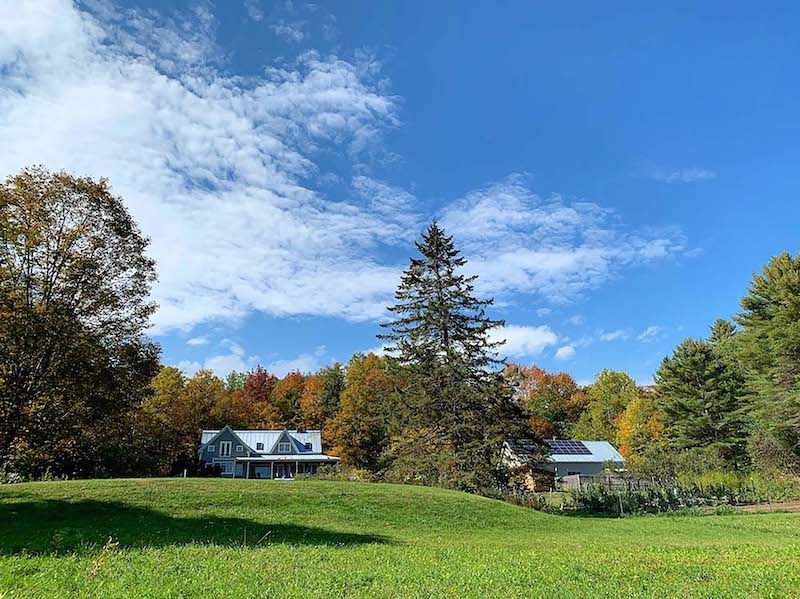
The southeast Minnesota community of Harmony (pop. 1,020) found success granting a cash rebate up to $12,000 to those building a new home in town. And there is money available for rehabbing older properties too. Chris Giesen of the Harmony Economic Development Authority says it has brought several families to town and—good news—every home in town will soon be upgraded to fiber optic cable for plenty of internet.
There are numerous blogs and Facebook pages where your (possibly naive) questions about where to move to will be answered by folks already living there.
But I want to farm!
Love the country life but question whether you’ll succeed at farming? Good news: It is perfectly legit to turn to professional help to do it for you (or with you).
Jeff Troendle is the president of Hertz Farm Management, a professional farmland management and real estate company with 15 offices in five states. In addition to brokering rural real estate, they help farmers manage their farm- or woodland assets. “We are used to listening to our clients and helping them articulate what their goals and objectives are for their farm, so we can do a better job of managing it to meet their goals,” he says.
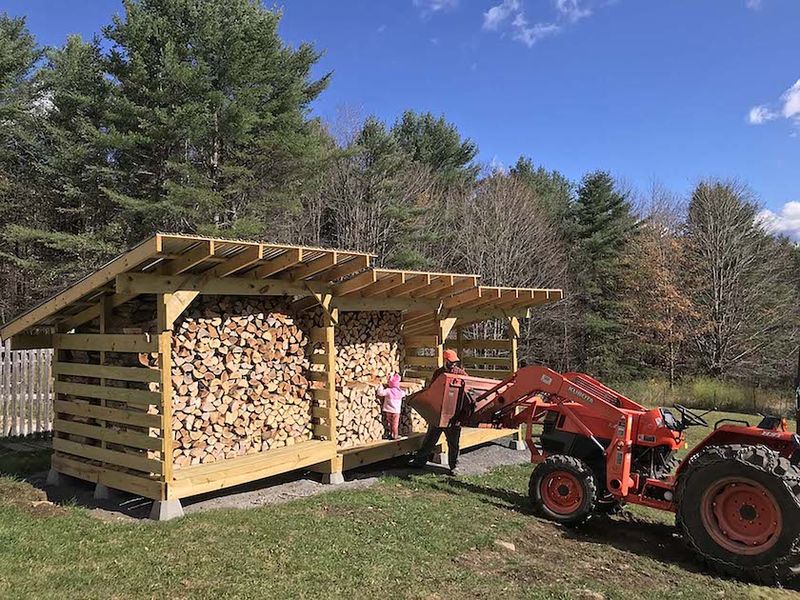
Leasing your new land to area farmers is always an option, along with hiring someone with experience to guide you.
Otherwise, do your homework, begin talking with bankers, farm managers like Troendle, and possibly your accountant and lawyer to set up your farming operation…no matter how small or large.
Will you be this happy old farmer?
There’s an old joke that goes something like this:
An 85-year-old farmer buys a lottery ticket on a whim. Against all odds, he wins the whole $10 Million Dollar prize.
Asked what he plans to do with this windfall, he replies, “Well, I’ll probably just keep farming until the money runs out.”
The moral of the story isn’t that farming doesn’t always pay; it’s about living the country life you want.
Here are the best and worst states to start your farm or ranch
Tags:Features

Acreage Life is part of the Catalyst Communications Network publication family.
















